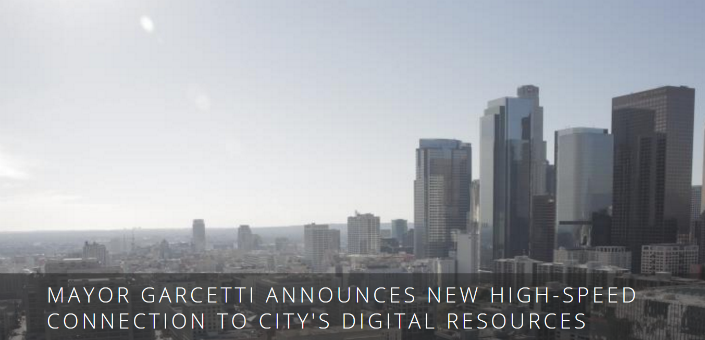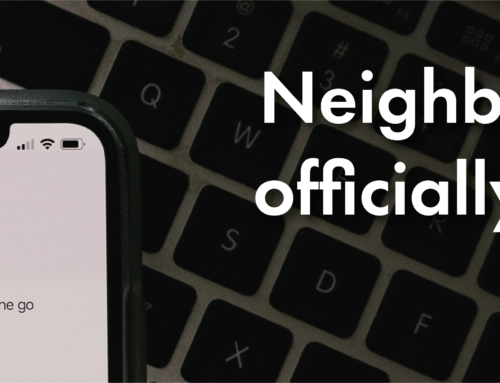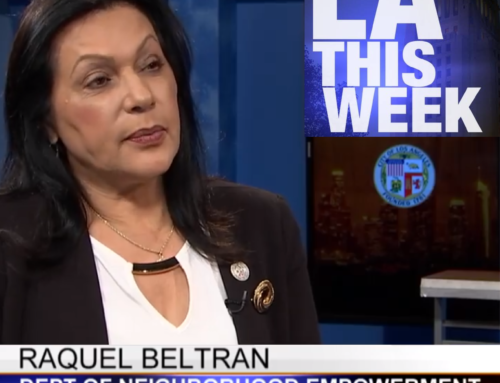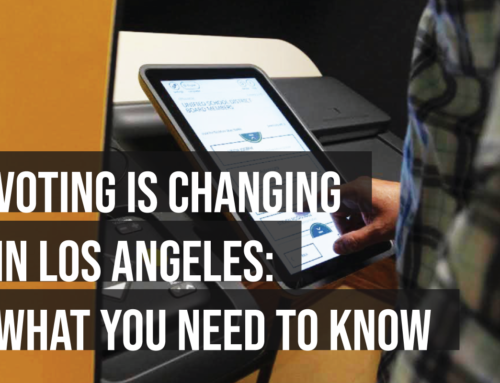MAYOR GARCETTI ANNOUNCES NEW HIGH-SPEED CONNECTION TO CITY’S DIGITAL RESOURCES
Los Angeles connects to stronger, faster digital network for innovators, researchers, educators, and students
LOS ANGELES—Coming this summer, students, academics, and researchers across California and around the world will be able to access Los Angeles city data and digital resources at dramatically higher speeds.
An agreement announced today by Mayor Eric Garcetti will make Los Angeles the first large municipal government to join the non-profit Corporation for Education Network Initiatives in California (CENIC). The move allows the City, at no additional cost to taxpayers, to plug into the California Research and Education Network (CalREN) — which provides a 100 Gbps internet connection to K-20 students, educators, researchers, and 10,000 member institutions, including UCLA, USC, Caltech, Cal State LA, and the Los Angeles Community College campuses. The City will connect to the CENIC network beginning this summer.
“The City of Los Angeles is already unmatched in digital transparency, but speed and accessibility are just as important in the 21st century,” said Mayor Garcetti. “This agreement means that young people, students of all ages, and some of the world’s leading thinkers and educators can now access the City’s digital resources up to 1,000 times faster. When we open our data to the public, and commit ourselves to making it more easily available, we create limitless potential for innovation, discovery, and new understanding.”
Mayor Garcetti is strongly committed to using technology and data to increase transparency, boost efficiency, and stimulate community engagement. His third Executive Directive, signed in December 2013, ordered City departments to compile a wealth of information about municipal operations that is now freely available on L.A.’s two open data portals —http://data.lacity.org and http://geohub.lacity.org.
The 1,000 datasets on those portals comprise one of the largest collections of urban data ever created. Researchers use the data for academic analyses, while companies incorporate public information into their apps and services. Everyday Angelenos increasingly connect to the City’s data and services through the Internet — whether through Google’s Waze app to avoid construction delays or through MyLA311 to request services and report issues to City departments. Other examples include the Clean Streets Index (a quarterly measure of the cleanliness of every city street), public safety and transportation data, sustainability measures, and economic assets.
Los Angeles ranks #1 on the US City Open Data Census, which measures the availability, quality, and accessibility of city data. CENIC advances the smart cities movement by collecting, using, and sharing city-scale data and technology.






